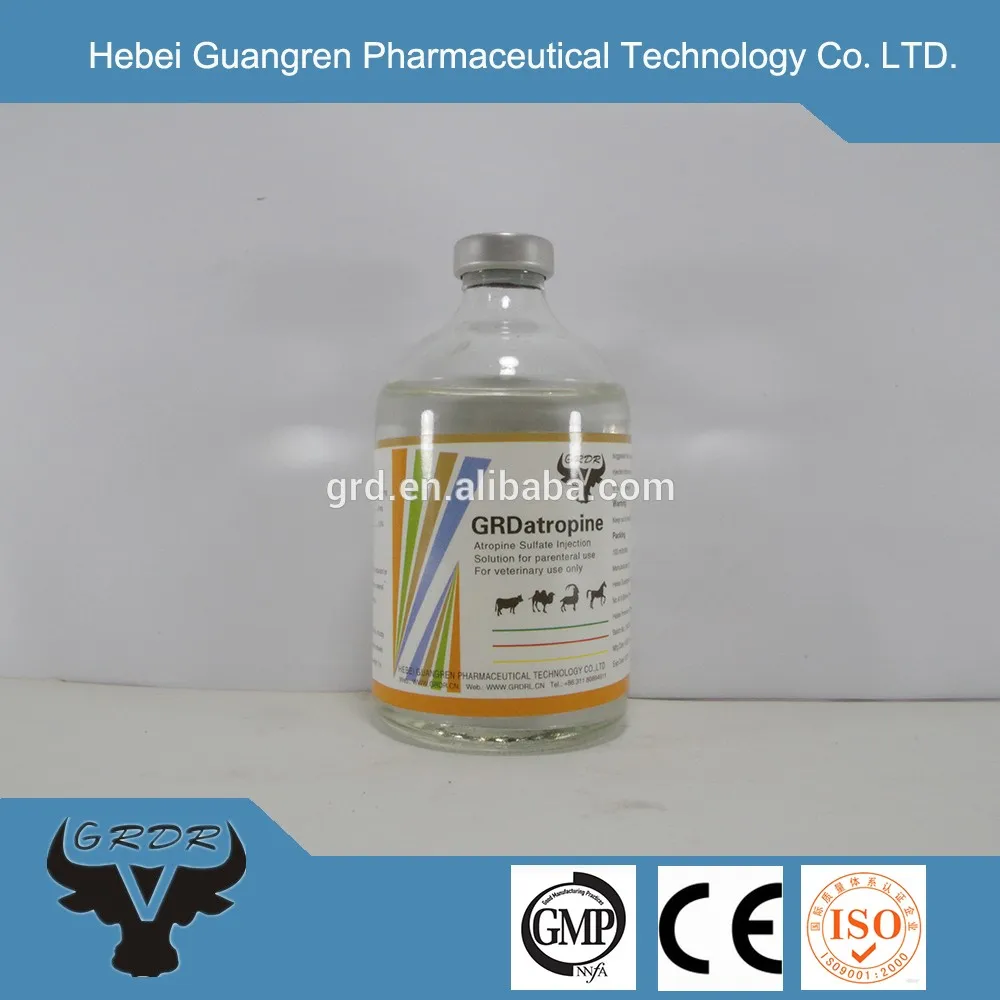

All doses of atropine appear similarly effective, while higher doses have greater side effects. Antimuscarinic topical medication is effective in slowing myopia progression in children accommodation difficulties and papillae and follicles are possible side-effects.

Evidence suggests that atropine penalization is just as effective as occlusion in improving visual acuity. In refractive and accommodative amblyopia, when occlusion is not appropriate sometimes atropine is given to induce blur in the good eye. Atropine degrades slowly, typically wearing off in 7 to 14 days, so it is generally used as a therapeutic mydriatic, whereas tropicamide (a shorter-acting cholinergic antagonist) or phenylephrine (an α-adrenergic agonist) is preferred as an aid to ophthalmic examination. Topical atropine is used as a cycloplegic, to temporarily paralyze the accommodation reflex, and as a mydriatic, to dilate the pupils. Īn ampoule containing atropine injection 1mL/0.5mg Eyes It was first isolated in 1833, It is on the World Health Organization's List of Essential Medicines. Ītropine occurs naturally in a number of plants of the nightshade family, including deadly nightshade (belladonna), Jimson weed, and mandrake. It is an antimuscarinic (a type of anticholinergic) that works by inhibiting the parasympathetic nervous system. While there is no evidence that its use during pregnancy causes birth defects, that has not been well studied. It should generally not be used in people with angle closure glaucoma. Ĭommon side effects include a dry mouth, large pupils, urinary retention, constipation, and a fast heart rate. Large doses may be required to treat some poisonings. The intravenous solution usually begins working within a minute and lasts half an hour to an hour. Eye drops are also available which are used to treat uveitis and early amblyopia. It is typically given intravenously or by injection into a muscle.

Atropine is a tropane alkaloid and anticholinergic medication used to treat certain types of nerve agent and pesticide poisonings as well as some types of slow heart rate, and to decrease saliva production during surgery.


 0 kommentar(er)
0 kommentar(er)
